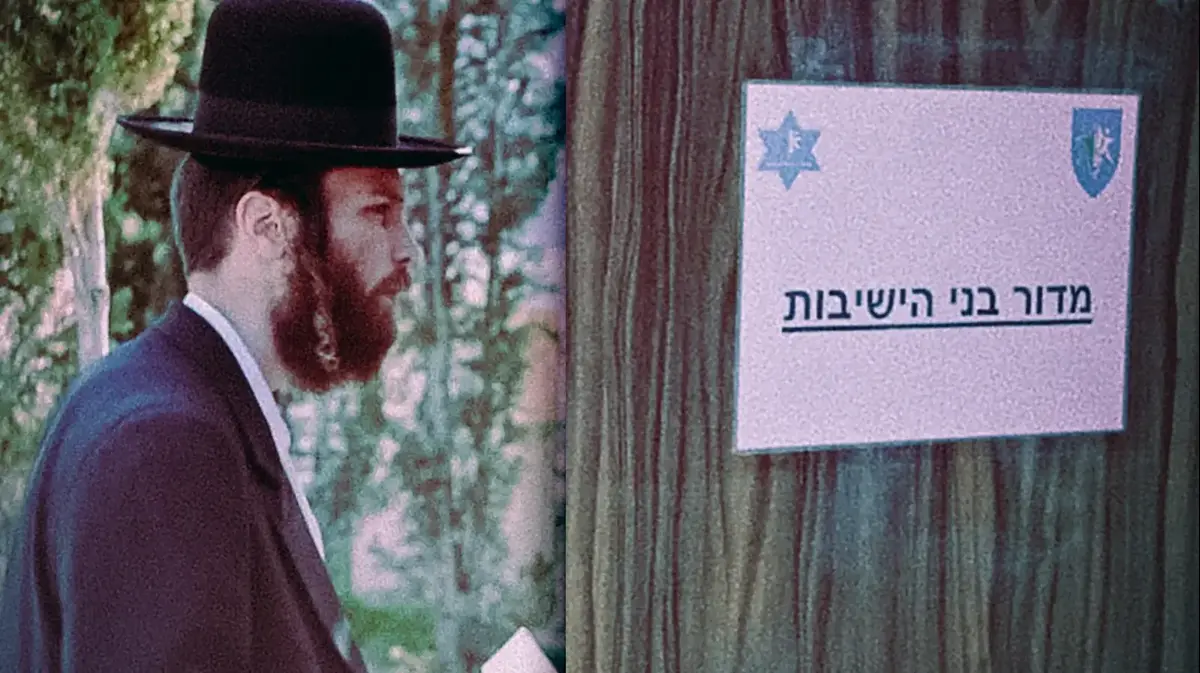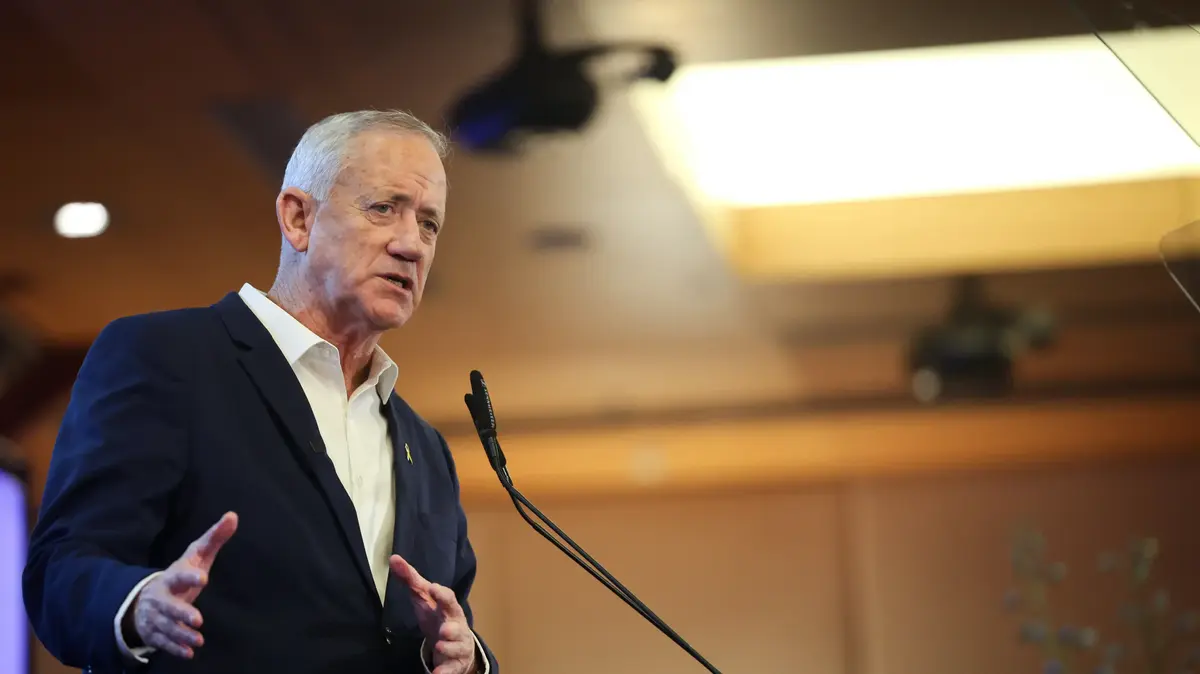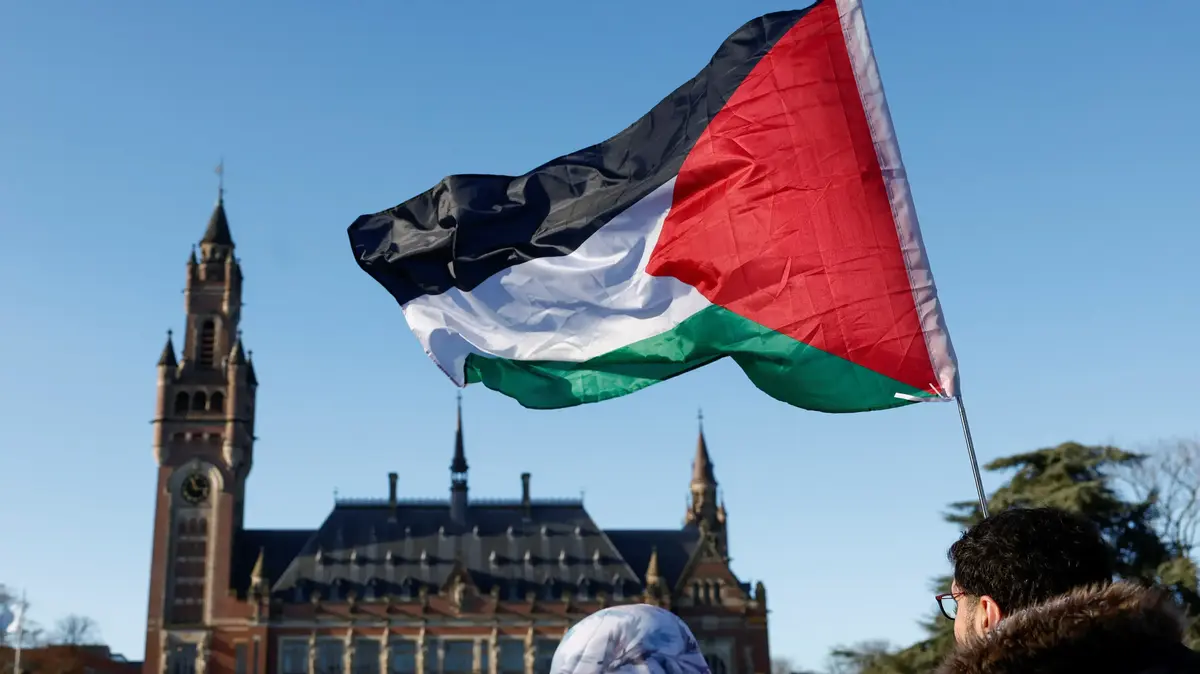"On Yom Kippur when everyone asks for forgiveness from God, I ask forgiveness mostly from my children for bringing them into the situation they are in today."
About thirty years ago, Inbal (pseudonym) married a young Arab from Judea and Samaria, and according to her, even though she divorced several years ago and began a new life, she and her children still pay for her entry into the complex reality.
"All my children were born into this reality and learned the language and religion," she says.
A few years ago, in light of the violence she experienced, she decided to abandon her husband but the past also continued to haunt her and her family.
"At first they were teased by Jewish society because of their Arab last name and heavy accent. Later it improved, but the identity of the children is split to this day."
Olga (pseudonym) married an Arab man a few years ago and she also did not lick honey to say the least.
"He was violent from the beginning. I felt scared to death. It really wasn't a romantic story," she recalls.
A few years later she ran away from him with three of their children, but even the new chapter in her life did not contain too much honey, especially for her children, a reminder of the decision she made in her youth.
"The children did not know their identity and were not accepted anywhere," she shares. "He needed psychological treatment. Even as a woman, you will always be a foreigner everywhere.
According to both, the problem intensifies when the children reach the age of enlistment.
"Let's start with the fact that the girls do not receive a recruitment order at all," says Olga, "and the boys did receive one, their IBA goes down automatically because of the father's religion.
They also do not get a classification and therefore they can not serve everywhere and also not perform all kinds of operations such as using computers in their units. "
Inbal's situation was even worse, "when the children received a first order my ex-husband did not agree to be drafted. He even threatened my son with murder if he enlisted in the 'occupying army'. In the end my son really did not enlist and it ruined his life."
Yad Laachim, which assists and accompanies Inbal, Olga and other women and families, says that in light of Israeli law, which requires both spouses to be members of the same religion, many women who maintain a marriage with minorities are persuaded to convert to Islam because it is an immeasurably faster procedure than conversion.
According to them, Islamization has many implications for the future of their children, even if they decided to sever ties with their spouse and father and this is reflected in the inability to change the family name and nationality until the age of 18, so they are considered Muslims and do not receive a conscription National.
"We have witnessed for many years how a moment's decision becomes significant years later," says a member of the Yad Laachim board, Rabbi Shmuel Lifshitz. "They are happy to convert to Islam and register themselves under their new religion in the Ministry of Justice, which will have serious consequences for their children in the future."
Archive image,
"A large majority of those women muster up courage and disconnect from the painful and painful place in the complex relationship they had, but their children continue to suffer under the Israeli bureaucracy that is there to mention every once in a while that the decision they made when they were younger should not have been made. "They are accompanied, legally, socially, financially and mentally, in order to enable them to erase the past and move towards a new life, for themselves and their children," he notes.
One who can attest to that complex life is Noya, a 19-year-old from the central region whose mother married a young Arab and ran away from him when her daughter was three.
"He abused her, beat her and threatened to kidnap me," she says, "until she decided she was not ready to continue living like this."
"I said there is no way I will not enlist"
Noya did not know her past and passed her mother until it was time to issue an identity card, "Mother did not agree to tell me who my biological father was and when I asked she kept evading.
At the opening of her and her mother's meeting with the association's representative, there was a tense silence, "My mother started crying and I asked someone to explain to me 'what's going on here'. Then they told me the whole story and background of my mother. ".
Shortly afterwards, Noya's friends started getting a first order but her order refuses to come, "I did not think it had anything to do with our history, I am Jewish so I thought there should be no problem. But my mother told me I could not enlist."
Finally, after a long and protracted process, she was successful in her struggle to enlist, but she felt it was a partial success, "I said there was no way I was not enlisting. I fought for it and decided I would volunteer. It hurts me. I want to enlist in the border and keep the country."
Noya emphasizes that she is not angry about her mother's choice, but can not ignore the reality she is in, "I do not judge my mother, but it definitely affects me. For example, if I want to get married then my father's name will appear in the rabbinate. It really bothers and bothers me ".
Archive image,
Olga, who has no child left behind, whom she has not been able to meet since she left the father of her children, wants to convey a message to all those women who are in a marital relationship with minorities. "They need to think well. It's true that they are sure it's love and it's the matter of hormones, but they should think about their children. Usually these are men who are also not considered the best in their sector and usually it comes to violence. After that the children suffer. Instead of investing their strength to "To progress and develop, they are busy finding their place in society and constantly living in survival. Why should the children be brought into this situation?"
Inbal also asks other women to learn from her bitter experience, "30 years ago there was no awareness like today. It hurts the ability of children to enlist, work and get married. I have a son with post-trauma and eating disorders and a daughter who receives psychiatric treatment. I tell all girls to just stay away. "You need money, a warm attitude or attention, there are so many places where you can find these things even without going into such a deep pit. In the end you hurt children who are not guilty, but are simply born into a reality they should not be in."
The IDF spokesman responded: "Subject to the Security Service Law, citizens and permanent residents of Israel are required to enlist in the IDF.
According to IDF policy, civilians or permanent residents of Arab nationality are not required to enlist.
An IDF member whose parent is of Arab nationality will be summoned for a personal interview in order to examine his desire to enlist, from the perspective of the individual and to enable him to raise the issue in terms of religious affiliation and enlistment in the IDF due to family composition.
We emphasize that the personal data of the recruits are not affected by nationality or religion, and all positions are open to them, of course in accordance with the additional data.
We will not be able to comment on claims about specific messengers without the appropriate details, if they are passed on to us we will be happy to check them out. "












/cloudfront-eu-central-1.images.arcpublishing.com/prisa/KMEYMJKESBAZBE4MRBAM4TGHIQ.jpg)


